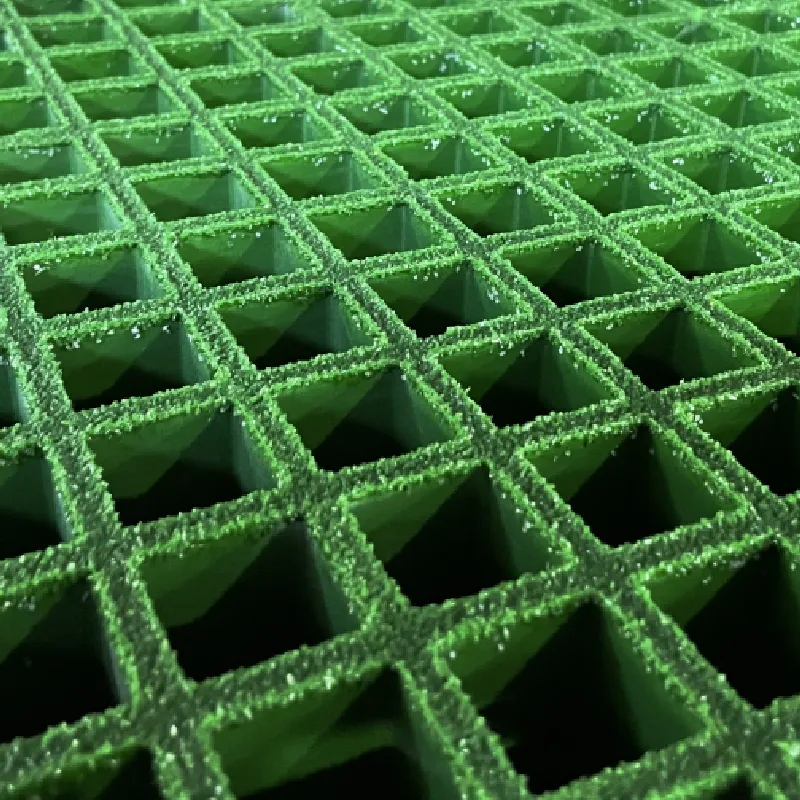loading...
- No. 9, Xingyuan South Street, Dongwaihuan Road, Zaoqiang County, Hengshui, Hebei, China
- admin@zjcomposites.com
- +86 15097380338
- Welcome to visit our website!
Effective Solutions for Treating Well Water and Ensuring Safe Drinking Quality
Water Treatment Systems for Well Water Ensuring Safe and Clean Drinking Water
In many rural and suburban areas, well water is a primary source of drinking water. However, this resource can often contain impurities and contaminants that pose health risks. Therefore, implementing effective water treatment systems for well water is essential to ensure safe and clean drinking water. This article explores various treatment methods and systems that can be employed to improve the quality of well water.
Understanding Well Water Contaminants
Well water can be affected by a range of contaminants, including bacteria, nitrates, heavy metals, and sediment. These pollutants can originate from agricultural runoff, industrial activities, or natural occurrences. For instance, bacteria such as E. coli can infiltrate the well from soil or sewage, leading to severe health risks. Similarly, high levels of nitrates, often from fertilizers, can cause serious health issues, particularly for infants. Understanding these contaminants is crucial for selecting the appropriate treatment system.
Types of Water Treatment Systems
1. Filtration Systems One of the most common treatments for well water is filtration. Filtration systems can effectively remove sediment, sand, dirt, and other particulates from the water. There are various types of filters available, including sediment filters, activated carbon filters, and reverse osmosis systems. Each type serves a specific purpose; for instance, activated carbon filters can reduce chlorine and improve taste, while reverse osmosis systems can remove a broader range of contaminants.
2. Disinfection Disinfection is critical for eliminating harmful microorganisms present in well water. Chlorination is a widely used method to disinfect water. It involves adding chlorine to the water, killing bacteria and viruses. Ultraviolet (UV) disinfection is another effective method, using UV light to eliminate microorganisms without adding chemicals. This method is increasingly popular due to its efficiency and environmental safety.
water treatment systems for well water

3. Water Softeners Hard water, characterized by high levels of calcium and magnesium, can cause scaling in pipes and appliances and affect soap's efficacy. Water softeners use ion exchange technology to replace calcium and magnesium ions with sodium or potassium ions, effectively reducing hardness and improving the quality of water for household use.
4. Iron and Manganese Removal Systems High levels of iron and manganese can cause discoloration and staining in water. Oxidation and filtration systems are used to address these issues. These systems convert dissolved iron and manganese into solid particles, which can then be filtered out.
5. Nitrate Removal Systems When nitrate levels are high, specialized systems like anion exchange or reverse osmosis can be employed to reduce these contaminants, making water safe for drinking.
Regular Testing and Maintenance
One crucial aspect of ensuring the effectiveness of any water treatment system is regular testing and maintenance. Well water should be tested at least once a year for bacteria, nitrates, and other contaminants. Depending on the results, appropriate treatment measures should be undertaken. Additionally, maintaining treatment systems, such as changing filters and checking for leaks, is vital for optimal performance.
Conclusion
Implementing a suitable water treatment system for well water is essential to safeguard health and ensure a reliable supply of clean drinking water. By understanding the potential contaminants and exploring the various treatment options available, homeowners can make informed decisions that contribute to their family's health and well-being. Regular monitoring and maintenance of these systems will enhance their efficacy, providing peace of mind for those reliant on well water as their primary source of hydration.
-
GRP Structures: The Future of Lightweight, High-Performance EngineeringNewsJun.20,2025
-
FRP Water Tank: High-Performance Storage for Corrosive and Clean Water SystemsNewsJun.20,2025
-
FRP Square Tube: The New Industry Standard for Chemical and Structural ApplicationsNewsJun.20,2025
-
FRP Pultruded Profiles: The Ultimate Choice for Lightweight Structural StrengthNewsJun.20,2025
-
FRP Handrails: The Safer, Smarter, and Stronger Choice for Modern InfrastructureNewsJun.20,2025
-
FRP Grating: The Smart Solution for Durable, Lightweight Industrial FlooringNewsJun.20,2025
-
Why Choose a Galvanized Water Tank for Your Storage NeedsNewsMay.21,2025
